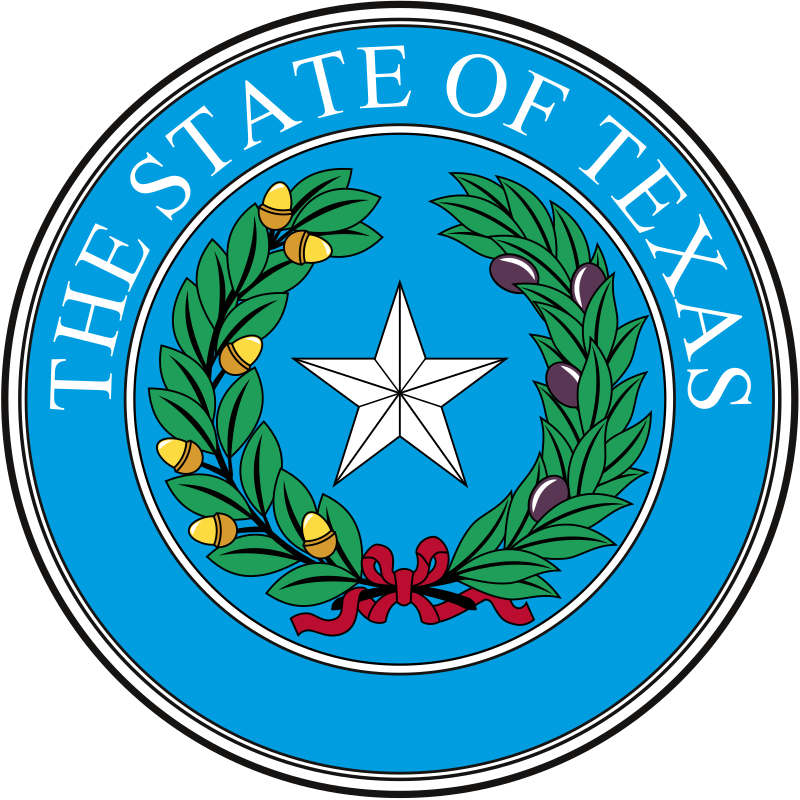AUSTIN (KXAN) — A brainstorming session happened for hours Monday at the Texas Capitol so that state lawmakers could find out where to look for ideas on crafting private school subsidy legislation, a policy goal that has eluded top Republican leaders.
The Texas House of Representatives Committee on Public Education held a hearing to discuss how to move forward with possibly implementing education savings accounts (ESAs) during next year’s regular legislative session. The panel heard first from witnesses who come from some of the 13 states that now offer public dollars through ESAs to help families cover expenses from private or homeschooling.
Indiana served as the first example. Christina Kaetzel, the executive director of the Indiana Education Scholarship Account Program, testified about how her state now provides up to $20,000 for students with disabilities and their siblings who fall within a certain income level. This became law in 2021, and so far 555 students received the assistance during the 2023-2024 school year.
“The ESA grant must be used on private school tuition, curriculum, services, therapies, transportation, training programs and camps and assessments,” Kaetzel told the panel Monday afternoon.
Jonathan Covey, the policy director for the conservative advocacy group Texas Values, said he hopes state lawmakers will think more broadly.
MOST READ: Texas Lottery Commission ‘stuck between a rock and a hard place,’ Sunset Advisory Commission says “We support universal school choice,” Covey said. “We also support some sort of prioritization method so that low-income and vulnerable demographics can get what they need.”
Ahead of Monday’s meeting, State Rep. Gina Hinojosa, D-Austin, posted on X accusing the state’s top Republican leaders of saving a $32 billion surplus to pay for a voucher-like program during next year’s session. During the hearing, she said testimony from the invited witnesses lacked much evidence to show the benefits of enacting such a program here.


Subsidizing private schools is just public schools with almost zero oversight. Ask New York about the outcomes of the students who attended private Hasidic schools.
For all their complaints about immigrants allegedly taking their jobs, this is how you wind up with under-educated kids who aren’t prepared for adulthood and who can’t compete in the job market.